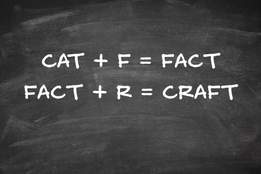suffixed; suffixing; suffixes
: to attach as a suffix
Love words? Need even more definitions?
Merriam-Webster unabridged










Share